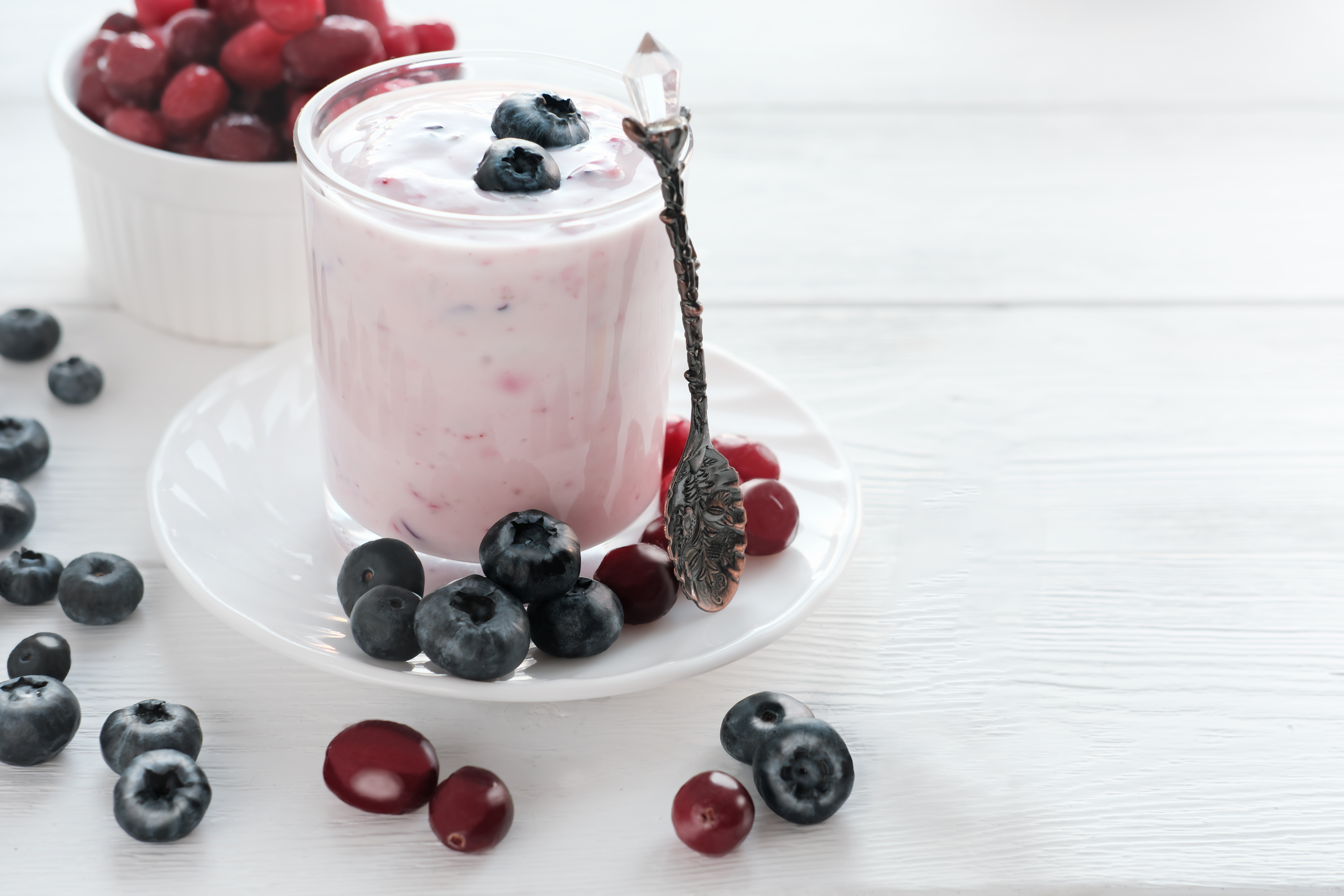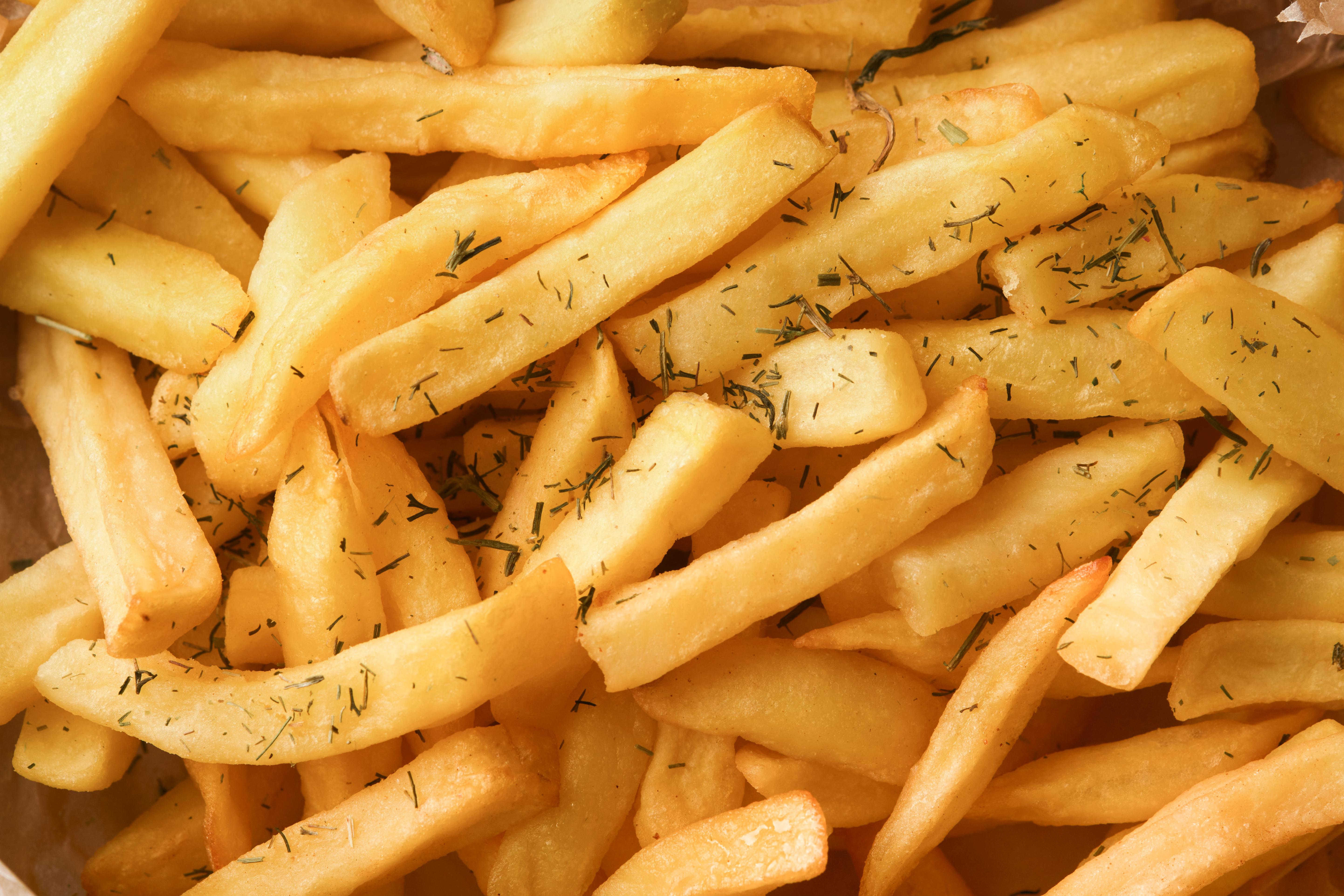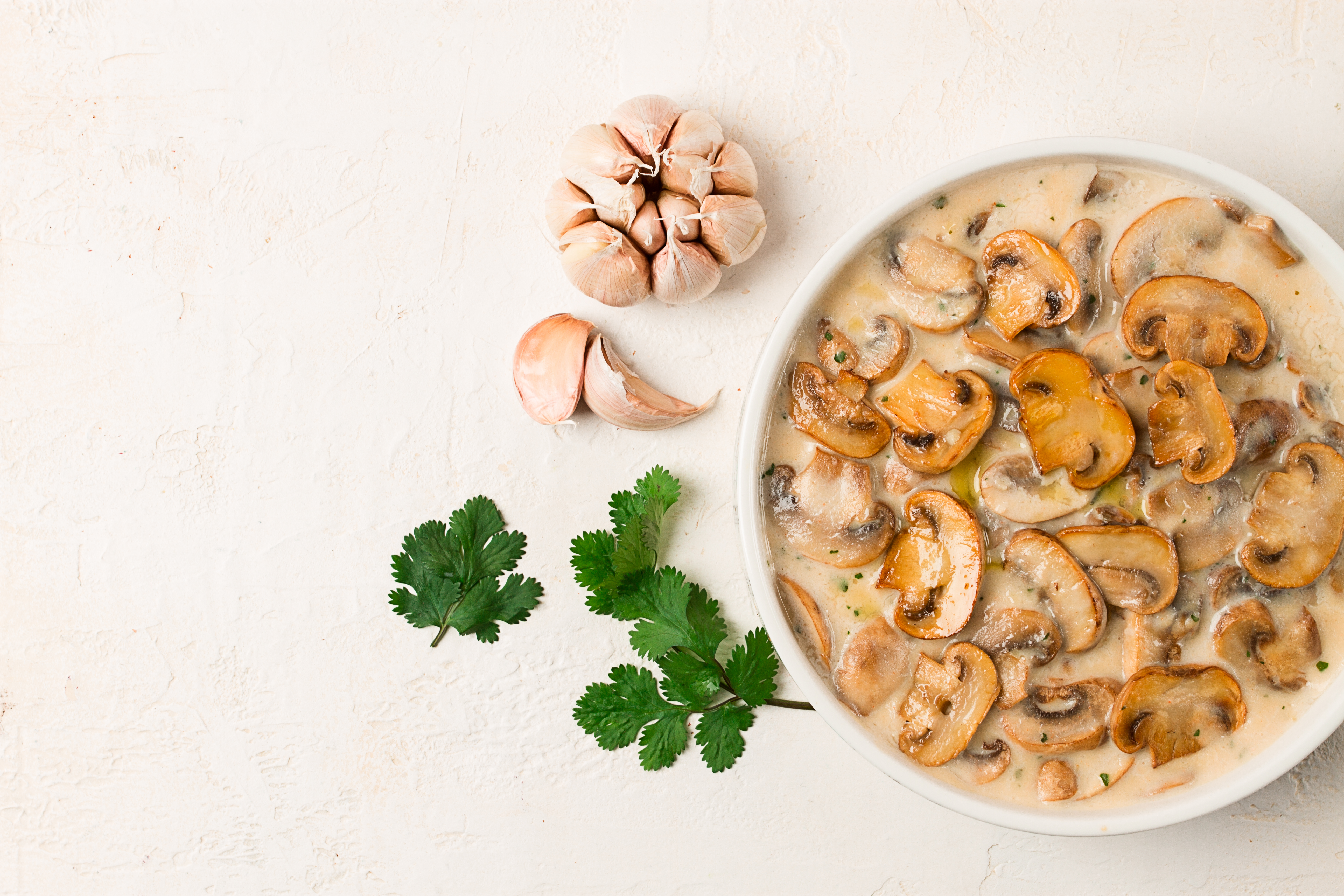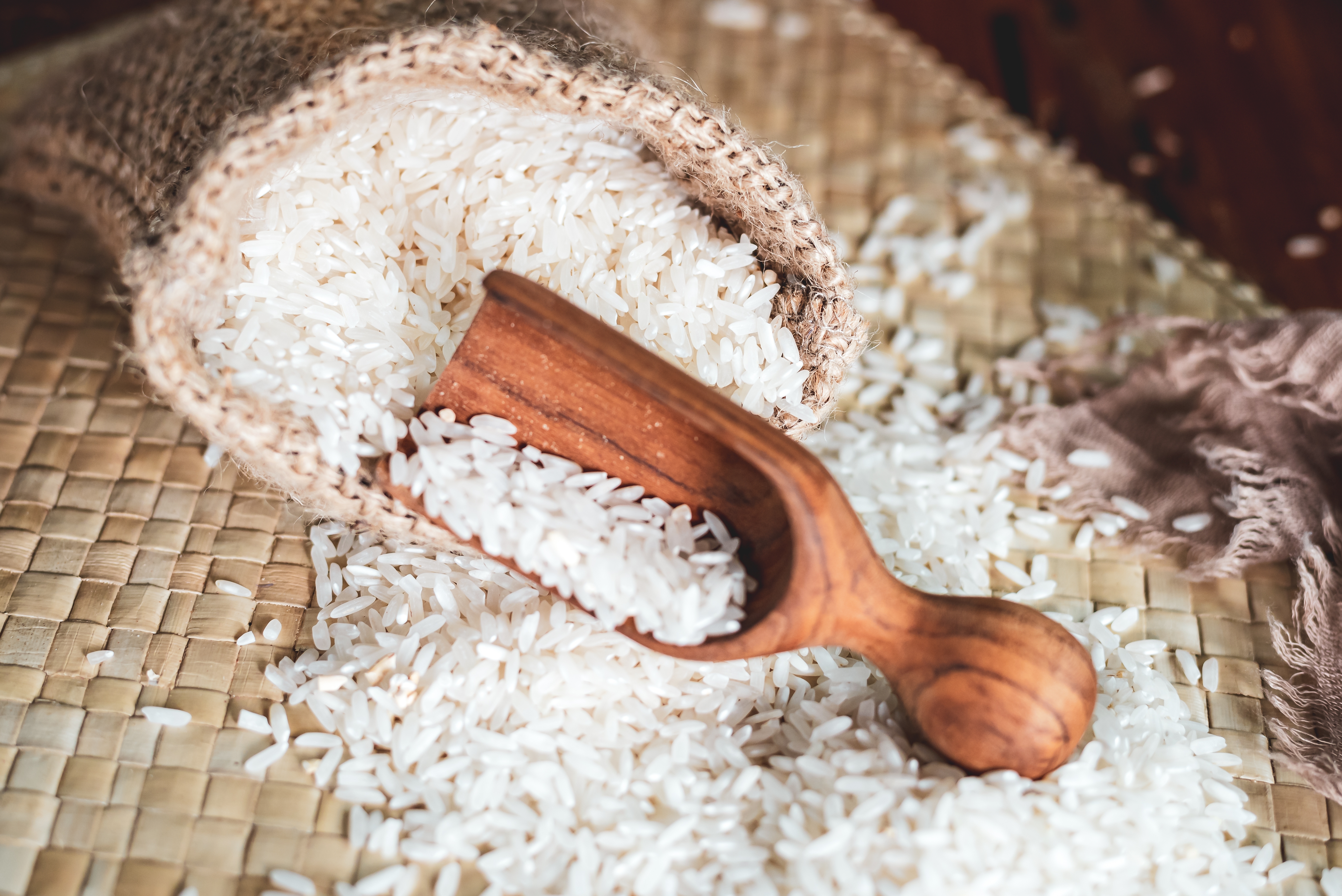11 'Healthy' Foods That Might Actually Worsen Your Cholesterol
In the quest for maintaining a healthy heart, cholesterol often emerges as a key player in the narrative. While many are aware of the obvious contributors like fried foods and fatty meats, a plethora of sneaky foods lurk in the shadows, quietly elevating cholesterol levels without much fanfare. These foods, often masked by their everyday presence or perceived health benefits, can stealthily contribute to the build-up of low-density lipoprotein (LDL) cholesterol, commonly known as the "bad" cholesterol. Understanding these hidden threats is crucial in taking proactive steps towards heart health, especially in a world where dietary choices are abundant and often overwhelming. This article will reveal the mystery behind 11 such foods, providing insights into why they are problematic and offering guidance on how to enjoy them responsibly. By the end of this read, you will be equipped with the knowledge to make informed dietary decisions, safeguarding your heart health without sacrificing the joy of eating. Let's begin!
1. The Deceptive Allure of Baked Goods

Baked goods, from muffins to pastries, often find themselves at the heart of breakfast tables and snack times. While their warm, comforting nature makes them a popular choice, they can be a hidden source of cholesterol-raising ingredients. Many baked goods are laden with butter, margarine, or hydrogenated oils, all of which are high in saturated fats. These fats contribute to the increase of LDL cholesterol, making even a seemingly innocent muffin a potential threat to heart health. Furthermore, baked goods often contain trans fats, which are even more detrimental as they not only raise LDL but also lower HDL cholesterol. The problem with baked goods extends beyond their fat content. Many of these items are also high in sugar and refined carbohydrates, which can lead to weight gain and subsequently increase cholesterol levels. The glycemic spike caused by these foods can lead to insulin resistance, a condition closely linked to increased cholesterol levels. To mitigate these effects, it is advisable to opt for baked goods made with healthier oils, such as olive or canola oil, and whole grains that provide fiber and nutrients without the cholesterol-raising drawbacks. By making these small adjustments, you can enjoy your favorite treats without compromising your heart health.
2. The Surprising Impact of Shellfish

Shellfish, including shrimp, lobster, and crab, are often celebrated for their rich flavors and high protein content. However, these delectable seafood options can also be a source of dietary cholesterol. Unlike other types of seafood that are rich in omega-3 fatty acids, shellfish tend to have higher cholesterol levels, which can contribute to an increase in LDL cholesterol if consumed in large quantities. This is particularly concerning for individuals who already have high cholesterol or are at risk of cardiovascular diseases. The preparation method of shellfish can further exacerbate their cholesterol impact. Fried or butter-drenched shellfish dishes not only increase the intake of dietary cholesterol but also add unhealthy fats to the mix. To enjoy shellfish without significantly impacting your cholesterol, consider opting for grilled or steamed preparations, which preserve the flavor while minimizing added fats. Additionally, pairing shellfish with a variety of vegetables can enhance the nutritional value of your meal, providing fiber and antioxidants that support heart health.
3. The Creamy Danger of Dairy Products

Dairy products, from creamy cheeses to full-fat yogurts, are staples in many diets, offering essential nutrients like calcium and vitamin D. However, their high saturated fat content can pose a risk to cholesterol levels. Saturated fats found in dairy products can trigger the liver to produce more cholesterol, increasing LDL levels in the blood. This makes it crucial to be mindful of the types and quantities of dairy consumed, especially for those with existing cholesterol concerns. The good news is that not all dairy is detrimental. Opting for low-fat or fat-free versions of milk, cheese, and yogurt can significantly reduce the intake of saturated fats while still providing the nutritional benefits. Moreover, incorporating plant-based dairy alternatives, such as almond or soy milk, can further help manage cholesterol levels. These alternatives are often fortified with calcium and vitamins, making them a heart-healthy choice without sacrificing nutritional value. By making informed choices, you can continue to enjoy dairy's benefits without compromising your heart health.
4. The Hidden Risks of Processed Meats

Processed meats, including sausages, hot dogs, and deli meats, are convenient and flavorful additions to meals. However, these products are often high in saturated fats and cholesterol, contributing to elevated LDL levels. The processing methods used to enhance flavor and extend shelf life often involve the addition of unhealthy fats and sodium, both of which are detrimental to heart health. Furthermore, processed meats are frequently consumed in large portions, exacerbating their impact on cholesterol levels. To reduce the risk associated with processed meats, it is advisable to limit their consumption and opt for leaner protein sources. When possible, choose fresh, unprocessed meats, or plant-based alternatives that are lower in saturated fats and cholesterol. Additionally, incorporating a variety of protein sources, such as beans, lentils, and nuts, can provide essential nutrients while supporting heart health. By being mindful of the types and quantities of meats consumed, you can enjoy a balanced diet that prioritizes cardiovascular well-being.
5. The Unseen Threat of Snack Foods

Snack foods, from chips to crackers, are ubiquitous in modern diets, offering convenience and satisfying cravings. However, many of these snacks are high in unhealthy fats, particularly trans fats, which are notorious for raising LDL cholesterol levels. Trans fats are often used in processed snacks to extend shelf life and improve texture, making them a hidden threat to heart health. Additionally, snack foods are typically high in sodium, which can lead to hypertension and further complicate cholesterol management. To enjoy snacks without compromising your cholesterol levels, it is important to choose options that are low in unhealthy fats and high in fiber. Whole-grain crackers, air-popped popcorn, and nuts are excellent alternatives that provide nutrients and satiety without the cholesterol-raising drawbacks. Reading labels and being aware of serving sizes can also help in making informed snack choices. By prioritizing healthier snacks, you can satisfy your cravings while supporting your cardiovascular health.
6. The Sweet Deception of Desserts

Desserts, with their irresistible sweetness, are often the highlight of meals. However, many desserts are laden with ingredients that can quietly raise cholesterol levels. Butter, cream, and eggs, common components in desserts, are high in saturated fats and cholesterol. Additionally, the high sugar content in desserts can lead to weight gain and insulin resistance, both of which are linked to increased cholesterol levels. To enjoy desserts without significantly impacting your cholesterol, consider opting for recipes that use healthier fats, such as olive oil or avocado, and natural sweeteners like honey or maple syrup. Incorporating fruits into desserts can also enhance their nutritional value, providing fiber and antioxidants that support heart health. By making these small adjustments, you can indulge in your sweet tooth without compromising your cardiovascular well-being.
7. The Misleading Appeal of Fast Food

Fast food, with its convenience and flavor, has become a staple in many diets. However, it is often high in saturated fats, trans fats, and cholesterol, making it a significant contributor to elevated LDL levels. The preparation methods used in fast food, such as deep frying and the use of processed ingredients, further exacerbate their impact on cholesterol. Additionally, the large portion sizes and high calorie content can lead to weight gain, complicating cholesterol management. To minimize the impact of fast food on cholesterol levels, it is important to make informed choices. Opting for grilled or baked options instead of fried, and choosing salads or vegetable sides can significantly reduce the intake of unhealthy fats. Being mindful of portion sizes and limiting fast food consumption can also help in maintaining a balanced diet. By making these conscious choices, you can enjoy the convenience of fast food without compromising your heart health.
8. The Underestimated Influence of Sauces and Dressings

Sauces and dressings, from creamy salad dressings to rich gravies, are often overlooked as contributors to cholesterol levels. However, many of these condiments are high in saturated fats and cholesterol, particularly those that are cream-based. The hidden fats and sugars in sauces and dressings can quietly elevate cholesterol levels, making it important to be mindful of their use. To enjoy sauces and dressings without significantly impacting your cholesterol, consider opting for vinaigrettes or those made with healthy oils, such as olive or canola oil. Additionally, using herbs and spices to enhance flavor can reduce the need for high-fat condiments.
9. The Subtle Impact of Certain Oils

Cooking oils, an essential component of many recipes, can have a significant impact on cholesterol levels. Oils high in saturated fats, such as coconut oil and palm oil, can raise LDL cholesterol levels, making them a potential threat to heart health. While these oils are often marketed as healthy alternatives, their high saturated fat content can quietly elevate cholesterol levels if consumed in large quantities. To support heart health, it is advisable to opt for oils that are low in saturated fats and high in unsaturated fats, such as olive oil, avocado oil, and canola oil. These oils not only provide essential nutrients but also help in managing cholesterol levels.
10. The Unexpected Consequences of Alcohol Consumption

Alcohol, often consumed in social settings, can have a subtle impact on cholesterol levels. While moderate alcohol consumption has been associated with increased HDL cholesterol, excessive intake can lead to weight gain and increased triglycerides, both of which are linked to elevated LDL cholesterol. Additionally, the high calorie content in alcoholic beverages can contribute to weight gain, complicating cholesterol management. To enjoy alcohol without significantly impacting cholesterol levels, it is important to consume it in moderation. Opting for lower-calorie options, such as light beer or wine, and being mindful of portion sizes can help in maintaining a balanced diet. Additionally, pairing alcohol with a variety of healthy foods can enhance its nutritional value, providing fiber and antioxidants that support heart health.
11. The Overlooked Role of Refined Carbohydrates

Refined carbohydrates, found in white bread, pasta, and rice, can have a subtle impact on cholesterol levels. These foods are often stripped of their fiber and nutrients, leading to rapid spikes in blood sugar levels. This glycemic spike can lead to insulin resistance, a condition closely linked to increased cholesterol levels. Additionally, the high calorie content in refined carbohydrates can contribute to weight gain, complicating cholesterol management. To enjoy carbohydrates without significantly impacting cholesterol levels, it is important to opt for whole-grain alternatives. Whole-grain bread, pasta, and rice provide fiber and nutrients that support heart health, making them a healthier choice.
The journey to maintaining healthy cholesterol levels is fraught with hidden challenges. From baked goods to refined carbohydrates, a variety of sneaky foods can quietly raise cholesterol levels, impacting heart health. However, by being informed and making conscious dietary choices, it is possible to enjoy these foods without compromising cardiovascular well-being. Opting for healthier alternatives, being mindful of portion sizes, and incorporating a variety of nutrient-rich foods can significantly impact cholesterol management. The key to heart health lies in balance and moderation. By understanding the impact of these sneaky foods and making informed choices, you can enjoy a fulfilling diet that supports your overall well-being. As you navigate the path to heart health, remember that small changes can lead to significant improvements, empowering you to take control of your cholesterol levels and enjoy a heart-healthy lifestyle.
